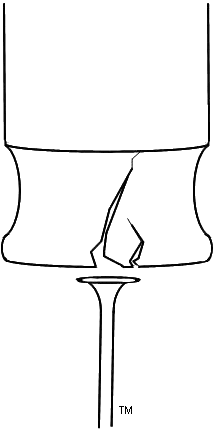Sweeteners are an example of something that is interchangeable. You can substitute the blue kind for the yellow one, or the white one. Are these "fungible?"
A packet of white sweetener can be exchanged for another packet of white sweetener. In this case, one can refer to white sweetener packets as "fungible."
Perhaps a good test of what is really fungible might be this:
Scenario: You have two objects, and their labels fall off onto the floor.
- IF:
You can pick up those labels and attach them to the objects without
being concerned for which object originally had which label.
- THEN:
The objects are fungible.
-~=~-
on the other hand
-~=~-
- IF:
You are able to closely examine them, and determine which label goes with which object
- THEN:
The objects are not fungible
Based on the above test, some examples of things that are fungible.
- Money, like U.S. Dollars
- Electrons (or protons, or neutrons)
- Coal of a given type (but not all coal)
- Oil of a given grade (but not all oil)
- Standard red bricks (?) but not standard plumbing fixtures
- RAM of a given type (but not all RAM)
- Logic functions, but not (necessarily) logic circuits (7400 and 4000 series are not fungible)
That last one is interesting. If you have a 74
HC00 chip, it may, or may not be fungible with a 7400 chip. If your design needs the very high input impedance you get with the HC chip, then they are NOT fungible, otherwise they ARE fungible.
There also seems to be some strong relationship between the word
fungible and the word
commodity but, again, these do not seem to be exact synonyms.
Okay, now I'm rambling. The original goal for this blog entry has been reached, so it's time to stop.

-djr
 Stand Out Publishing
Stand Out Publishing
